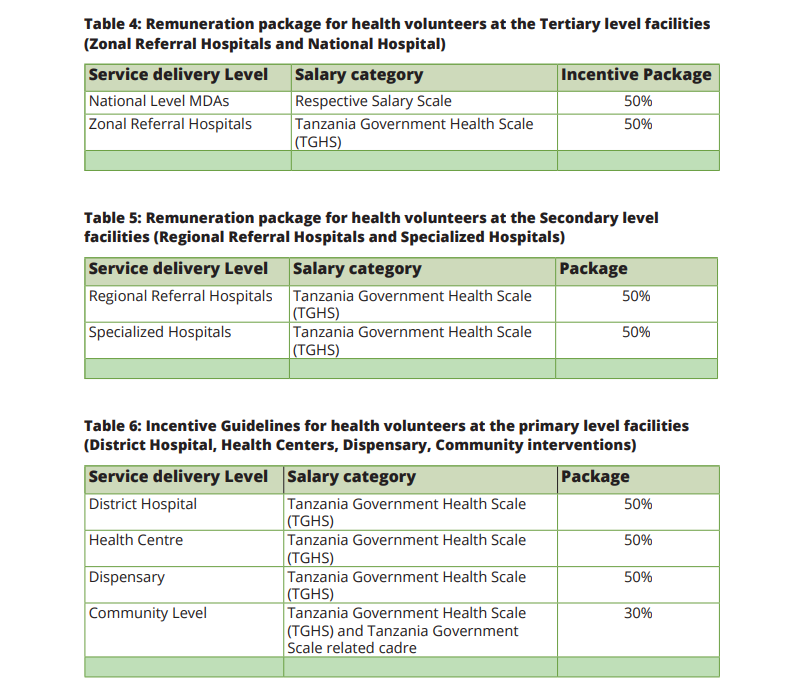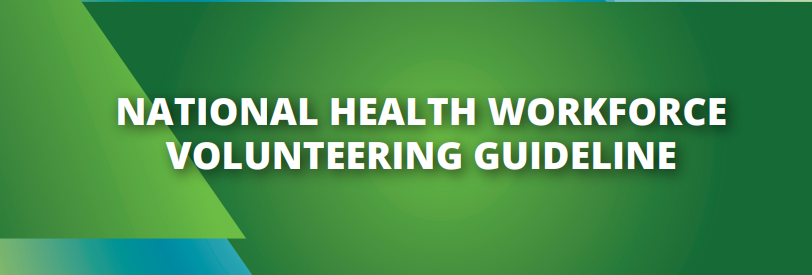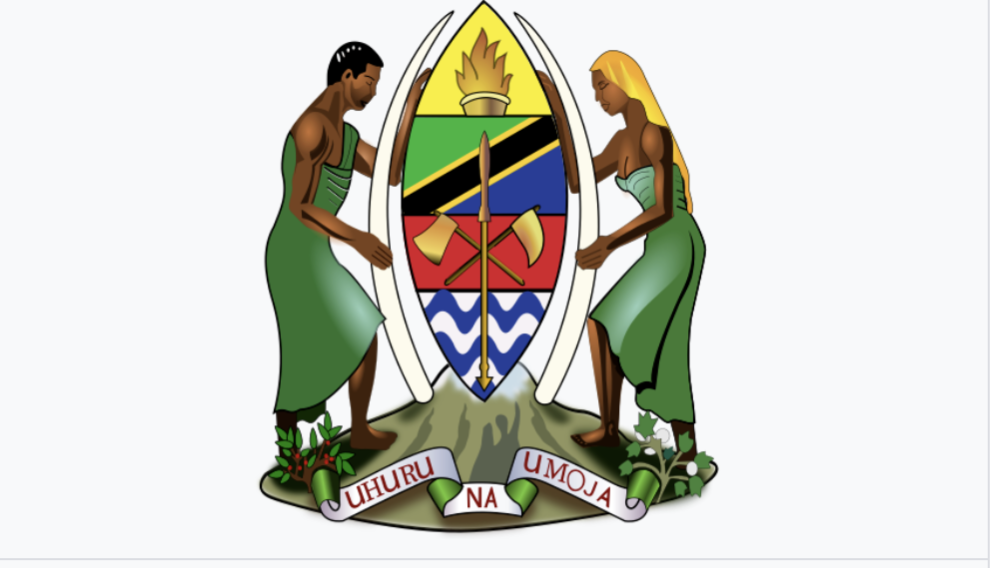Tanzania’s health sector continues to face a severe shortage of professionals, leaving more than half of required positions vacant.
To address this gap, the government has formalized the National Health Workforce Volunteering Guidelines (NHVG), which allow trained graduates to serve as volunteers while receiving structured support.
A central feature of the guidelines is the allowance system. Unlike permanent employees, volunteers are compensated through modest packages linked to the Tanzania Government Health Scale (TGHS).
In 2025, community health workers typically receive about 30 percent of the TGHS, while those stationed in dispensaries, health centers, district hospitals, regional referral hospitals, and national facilities are entitled to about 50 percent.
Health volunteers in Tanzania do not receive full salaries. Instead, they are given allowances based on the Tanzania Government Health Scale (TGHS) as follows:
- Community Level (CHWs): 30% of TGHS
- Dispensary, Health Center & District Hospitals: 50% of TGHS
- Regional Referral & Specialized Hospitals: 50% of TGHS
- Zonal & National Hospitals: 50% of TGHS

Source of Funds
Health and Non Health Volunteers program may be funded from the following:
- Cost Sharing through returns from National Health Insurance Fund (NHIF), Community Health Fund (CHF) and, User fees
- Government Budget (OC budget) through CCHP and MTEF
- Development Partners budget support or through projects implemented in various health facilities
- Projects funded by Non-Governmental Organizations (NGO)
- Other income generated
Who Can Volunteer
Health volunteers must adhere to the procedures and regulations governing recruitment and selection of public servants. Upon accomplishment of recruitment process, the selected volunteer should adhere to similar facility regulations and existing professional code of ethics and conducts.
The minimum criteria for a Health volunteer are as follows;
- Should be a Tanzanian Citizen with a valid National Identification Card;
- Should be a graduate from a recognized and accredited training institution with qualifications stipulated in the Scheme of Service for Health Cadres of 2009 and other health professional cadres as deemed necessary for the administration of the facility. Moreover, candidates from foreign universities must have their certificates accredited by TCU/, NACTE;
- Should be registered by a Professional Council or Board (where applicable) and holds a valid professional license
- Should be deemed fit physically and mentally to perform the specified duties.
- Should be of 18 years old or older but not more than 60 years of age
- Should be Committed to serve in any health facility or program in Tanzania
- Should not have any criminal records.
Download and Read Full Guidelines on Your Own





